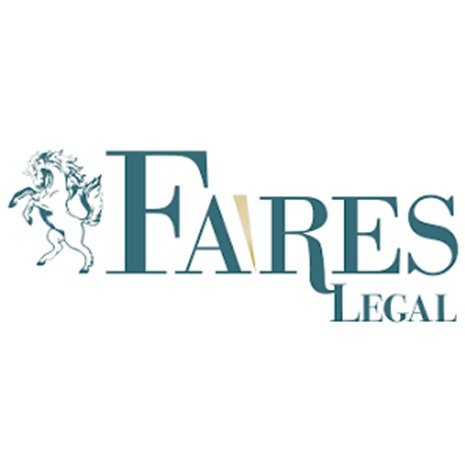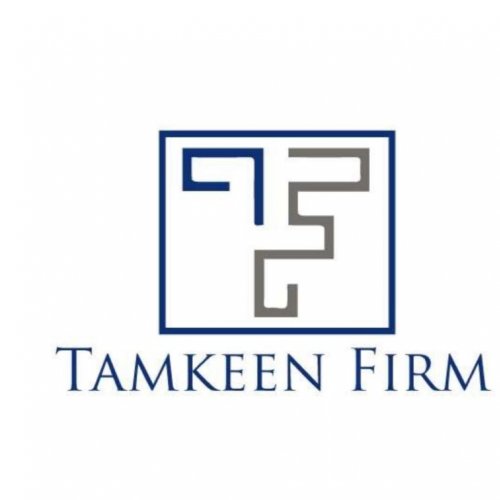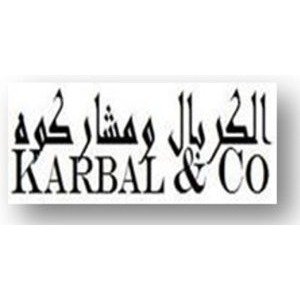Best Sanctions & Export Controls Lawyers in Tripoli
Share your needs with us, get contacted by law firms.
Free. Takes 2 min.
List of the best lawyers in Tripoli, Libya
About Sanctions & Export Controls Law in Tripoli, Libya
Sanctions and export controls are legal measures implemented by governments to regulate, restrict, or prohibit certain economic transactions and the transfer of goods, services, or technologies. In Tripoli, Libya, these laws have become increasingly significant due to both national regulations and those imposed by international bodies, such as the United Nations Security Council and the European Union. Their purpose is to protect national security, foreign policy objectives, and uphold international commitments. Understanding and complying with these laws is essential for individuals and businesses involved in international trade, finance, and logistics within Tripoli.
Why You May Need a Lawyer
Many individuals and companies may require legal assistance with sanctions and export controls in Tripoli for a variety of reasons. Legal complexities often arise when importing or exporting goods, shipping technology, or making international financial transactions. Violations, whether intentional or accidental, can lead to severe penalties, business disruption, and reputational damage. Common situations where legal help is needed include:
- Receiving government notifications or inquiries regarding suspected sanctions breaches
- Seeking licenses or exemptions for exports or imports subject to control
- Entering joint ventures or partnerships with foreign entities
- Conducting due diligence on business partners or supply chains
- Handling the freezing or confiscation of assets
- Responding to allegations of non-compliance with international sanctions
- Advising employees on compliance best practices
Lawyers specializing in sanctions and export controls can help you navigate local and international requirements, minimize risks, address compliance questions, and respond to enforcement actions.
Local Laws Overview
In Libya, including Tripoli, sanctions and export controls are shaped by both domestic and international frameworks. The Libyan government coordinates with international sanctions regimes, especially those imposed by the United Nations Security Council, which lists specific individuals, entities, and types of trade subject to restrictions. Additionally, Libyan authorities enforce export control laws to regulate the movement of weapons, dual-use goods, oil, and financial assets.
Key aspects relevant to Tripoli include:
- Implementation of UN-mandated sanctions concerning arms embargoes, asset freezes, and travel bans
- Licensing requirements for exporting certain goods and technologies out of Libya
- Prohibitions on dealing with listed individuals or organizations
- Penalties for breaching embargoes or facilitating prohibited transactions
- Compliance obligations for local and international businesses operating in Tripoli
- Customs and border controls to screen exports and imports
The regulatory landscape can change quickly, especially in response to global and regional developments within Libya. Consequently, it is vital for any person or company operating in Tripoli to stay updated and seek legal advice when needed.
Frequently Asked Questions
What are sanctions and export controls?
Sanctions are legal restrictions on economic activity with specific countries, persons, or sectors. Export controls refer to regulations that limit the export of certain goods, technology, or services for security or policy reasons.
Who enforces sanctions and export controls in Tripoli?
In Tripoli, enforcement is primarily managed by Libyan governmental agencies in coordination with international bodies, such as the United Nations Security Council committees.
How can I know if a product I want to export from Tripoli is subject to controls?
You must check Libyan export regulations and any relevant UN or international sanctions lists. Consulting a legal expert can help ensure you are following the correct procedures and identifying controlled goods.
What penalties exist for violating sanctions or export controls in Libya?
Penalties may include heavy fines, criminal prosecution, confiscation of goods or assets, and suspension of business operations.
Can I apply for exemptions or licenses for controlled exports?
Yes, in some cases, you may apply to Libyan authorities for licenses or exemptions, depending on the nature of the goods and the intended transaction. Legal advice is recommended to improve your chances of approval.
Do international companies operating in Tripoli need to comply with local sanctions laws?
Absolutely, all entities operating in Tripoli, regardless of origin, must comply with both Libyan and applicable international sanctions and export control regulations.
What are dual-use goods and why are they important?
Dual-use goods are items that can have both civilian and military applications. Export of these goods is strictly regulated because of their potential security implications.
How can sanctions affect banking and financial transactions?
Sanctions may block or delay transactions, freeze assets, or restrict access to banking services for individuals or entities listed by sanctions authorities.
Is it possible to appeal a decision or penalty related to export controls in Libya?
Yes, there are legal mechanisms in Libya to challenge or appeal enforcement actions or penalties, typically requiring legal representation.
Where can I find updated lists of sanctioned entities or restricted goods?
Updated lists are often published by relevant Libyan authorities and international organizations such as the United Nations. However, these can be complex to interpret, so professional guidance can be invaluable.
Additional Resources
For further assistance and information on sanctions and export controls in Tripoli, consider reaching out to the following:
- Libyan Ministry of Economy and Industry - Department of Foreign Trade
- Customs Authority of Libya
- Central Bank of Libya - Compliance and Supervision Department
- United Nations Security Council Sanctions Committees
- Libyan Bar Association for referrals to specialized legal professionals
- Chamber of Commerce in Tripoli for business guidance
Next Steps
If you believe your situation involves issues of sanctions or export controls, it is vital to take prompt action. Start by collecting all relevant documents, including contracts, correspondence, and any government communications. Consider the specific nature of your activities, potential risks, and the jurisdictions involved. Consult a qualified lawyer in Tripoli who specializes in sanctions and export controls. They can provide tailored advice, represent you before authorities, and help ensure full compliance with all applicable laws. Staying proactive and informed will protect your interests and help avoid costly legal consequences.
Lawzana helps you find the best lawyers and law firms in Tripoli through a curated and pre-screened list of qualified legal professionals. Our platform offers rankings and detailed profiles of attorneys and law firms, allowing you to compare based on practice areas, including Sanctions & Export Controls, experience, and client feedback.
Each profile includes a description of the firm's areas of practice, client reviews, team members and partners, year of establishment, spoken languages, office locations, contact information, social media presence, and any published articles or resources. Most firms on our platform speak English and are experienced in both local and international legal matters.
Get a quote from top-rated law firms in Tripoli, Libya — quickly, securely, and without unnecessary hassle.
Disclaimer:
The information provided on this page is for general informational purposes only and does not constitute legal advice. While we strive to ensure the accuracy and relevance of the content, legal information may change over time, and interpretations of the law can vary. You should always consult with a qualified legal professional for advice specific to your situation.
We disclaim all liability for actions taken or not taken based on the content of this page. If you believe any information is incorrect or outdated, please contact us, and we will review and update it where appropriate.











